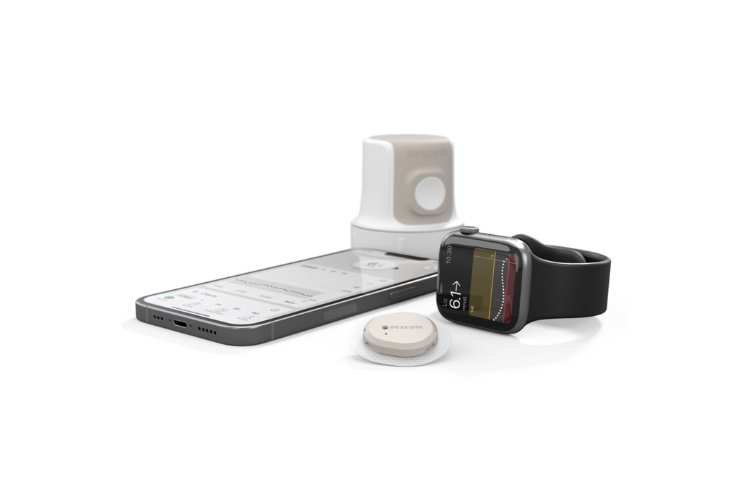In the realm of continuous glucose monitors (CGMs), recent discussions have revolved around broadening their application beyond the traditional user base primarily consisting of individuals with Type 1 diabetes. Dexcom, the prominent CGM manufacturer, presented groundbreaking research findings at the European Association for the Study of Diabetes (EASD) annual meeting in Germany, shedding light on the expanding utility of its devices.
“The data that our team put together along with our researchers in clinical trials continues to show just how beneficial CGM is. As I walk around this conference, there’s so much now dedicated to glucose monitoring, and it wasn’t like that years ago. So, when I think about the future of CGM, I think it’s only going to continue to grow in its access and use around the globe and in broad populations.”
– Jake Leach, the devicemaker’s chief operating officer, said in an interview with Fierce Medtech
Also Read: Abbott Study Shows FreeStyle Libre CGM And GLP-1 Therapy Improve Diabetes Outcomes
One of Dexcom’s noteworthy studies involved recruiting insulin users in the UK to test the Dexcom ONE device, which offers a simplified interface compared to the company’s flagship G-series sensors. While both Type 1 and Type 2 diabetes patients participated in the study, Dexcom highlighted promising outcomes in the Type 2 population. The data revealed a substantial drop in average HbA1c levels from just over 10% to 8.5% after three months, further decreasing to 8.3% after an additional three months.
This study marked the first real-world assessment of the Dexcom ONE CGM, signaling a positive direction for its application.
“We’re going to continue to work on access both in the UK and around the globe to get anybody who has diabetes access to CGM. The next big step is—in the US we have coverage for anybody who takes insulin, and there’s a large basal population in the U.K. as well, folks that don’t yet have access to CGM, and that’s something we want to change.”
– Jake Leach
In another significant study unveiled at the EASD conference, the use of Dexcom’s G7 sensor in pregnant women with Type 1, Type 2, or gestational diabetes was validated. This development solidifies Dexcom’s G6 and G7 devices as the only commercially available CGMs with clinical data support for use during pregnancy. Across the entire group, the sensor demonstrated high accuracy, with a remarkable 92.5% agreement rate according to the %20/20 metric, indicating reliable CGM performance during pregnancy, a critical time for glucose monitoring.
Dexcom’s third study, conducted over seven years and characterized as the “longest prospective real-world CGM study ever conducted,” was centered on the traditional Type 1 diabetes population. The study highlighted the sustained improvement in glucose levels, reducing them to an average of 7.1% when Dexcom sensors were integrated with multiple daily injections, compared to 7.7% for those who relied on self-monitoring of blood glucose. This improvement was even more pronounced when CGMs were paired with an automated insulin delivery system, particularly in conjunction with Tandem Diabetes Care’s Control-IQ technology, which led to an average HbA1c of 6.6% among that group.
Leach emphasized the “powerful” outcomes witnessed in addition to HbA1c reductions. Notably, individuals using fingerstick monitoring for seven years experienced a threefold increase in diabetic retinopathy, whereas those using CGMs maintained stable rates. Dexcom is also set to release further data from the study, shedding light on the impact of CGM use on kidney disease and other chronic diabetes-related complications.
The research findings also underscored the impressive adherence rates among Dexcom users, which increased further when integrated into a hybrid closed-loop system. For users combining CGMs with multiple daily injections, adherence was just under 89%, rising to nearly 92% for those utilizing a hybrid closed-loop system.
Also Read: Abbott Partners With Bigfoot Biomedical To Integrate Diabetes Devices
Bolstered by these compelling findings, Dexcom announced plans to make the G7 sensor compatible with Tandem’s t:slim X2 insulin pump in the United States and various markets across Europe and Asia-Pacific by the end of 2023. This move aims to enhance the accessibility and utility of CGM technology for a broader spectrum of diabetes patients.





























